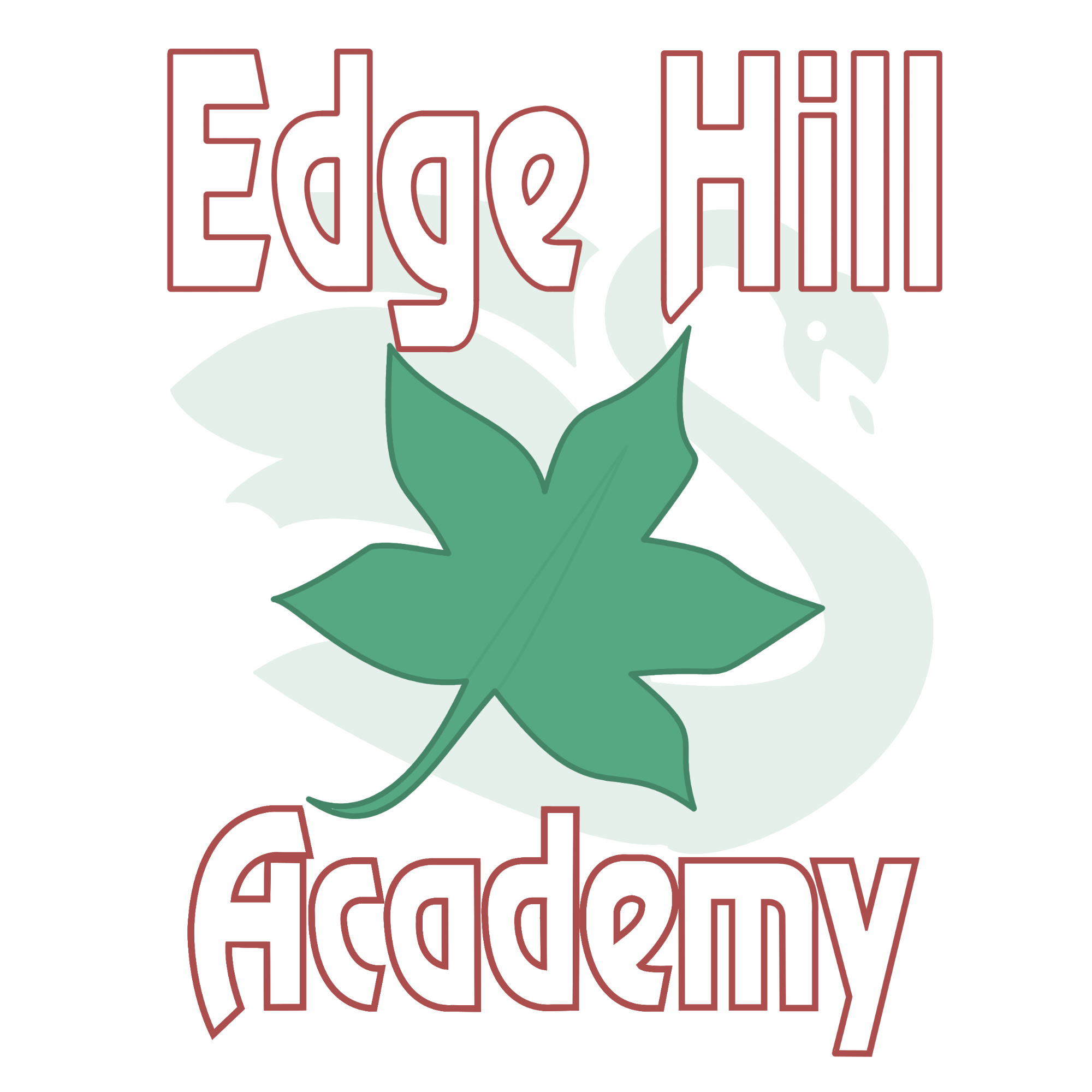History
Through our creative curriculum, our intent is to provide children with key knowledge, historical skills and deep understanding of all aspects of Local, British and Global history. The national curriculum aims to ensure that all pupils:
- know and understand the history of these islands as a coherent, chronological narrative, from the earliest times to the present day: how people’s lives have shaped this nation and how Britain has influenced and been influenced by the wider world.
- know and understand significant aspects of the history of the wider world: the nature of ancient civilisations; the expansion and dissolution of empires; characteristic features of past non-European societies; achievements and follies of mankind.
- gain and deploy a historically grounded understanding of abstract terms such as ‘empire’, ‘civilisation’, ‘monarchy’ and ‘kingdom’.
- develop disciplinary knowledge such as continuity and change, cause and consequence, similarity, difference and significance, and use them to make connections, draw contrasts, analyse trends, frame historically-valid questions and create their own structured accounts, including written narratives and analyses.
- understand the methods of historical enquiry, including how evidence is used rigorously to make historical claims, and discern how and why contrasting arguments and interpretations of the past have been constructed History.
- gain historical perspective by placing their growing knowledge into different contexts, understanding the connections between local, regional, national and international history; between cultural, economic, military.
Our aim is to provide real life, hands-on experiences that develops a love for learning and encourages our pupils to think like historians. We want our children to be able to source reliable information, make judgements and communicate their understanding with confidence.
Key Historical Concepts Progression
During a child’s history learning journey at Edge Hill, we want children to start linking together their learning in meaningful ways. We aim to do this by highlighting key concepts and themes that children can centre and build their learning. These core concepts are not one-off learning points, instead they are built upon through their history learning. The table below shows the 6 key concepts that children will encounter.
|
Concept |
Description |
|
Community |
Children will understand that communities can be made up of different people from a wide range of places through migration, invasion, and settlement. Children will be able to explain that buildings and places create communities. |
|
Knowledge |
Children will learn about how the knowledge of technology has changed the way people lived through tools, irrigation, farming, building and weapons and how this has influenced what we know and do today. Children will also learn how knowledge of technology, mathematics and buildings helped shaped ancient civilisations such as Ancient Egypt. |
|
Invasion |
Children will understand what caused leaders to invade other places and explain that invasion can be between countries across the world and between tribes and villages. Children will be able to explain that invasion required resources and knowledge such as weapons, ships, armies and navigation. Children will learn how power, knowledge and technology helped leaders invade and forcibly take places and resources from others. |
|
Civilisation |
Children will know and explain how leaders and beliefs shaped how people shaped their lives with common beliefs, language, laws and ways of doing things. Children will understand how the decisions and actions leaders can create both powerful or unstable and poor civilisations. Children will be able to explain the causes and effects that led to civilisations rising and falling. |
|
Power |
In this concept, children will investigate how power can cause changes to where people live and how people live. Children will also focus on significant people and how they used what they knew to change the way people understood the world around them. |
|
Democracy |
Children will know and explain how leaders ruled communities, kingdoms and civilisations. Children will understand that in the past people in power were not always chosen by the people and that the way people have ruled has changed over time. |
Our history curriculum is taught in a progressive way which enables the pupils to explore key concepts and build on historical vocabulary as they move through each year group. As children at Edge Hill learn about History, they will continue to develop a deeper understanding of British and World History by comparing periods of time, making connections and developing their own informed responses through discussions and creative activities.
To ensure our history units come to life, lessons begin with an enquiry-based question allowing the pupils to delve deeply into a specific aspect of history. This motivates our pupils to explore concepts in a language rich, purposeful way, drawing upon previous knowledge.
We aim for a high-quality history curriculum which inspires pupils' curiosity and fascination about Britain’s past and that of the wider world.
To measure impact, we aim to ensure the following can be completed by our children:
- Children will be able to put studied time periods on a timeline in chronological order.
- Children will be able to verbally explain their knowledge and understanding of Historical concepts.
- Children will create written accounts and creative end of unit tasks to present and describe their learning.
- They will use a range of historical vocabulary to demonstrate their understanding.
- Children will be able to answer and ask historical valid questions.
- They will be able to use a range of primary and secondary sources to answer questions, interpret and analyse historical information enabling them to make appropriate judgements and arguments on specific concepts.
